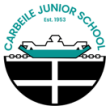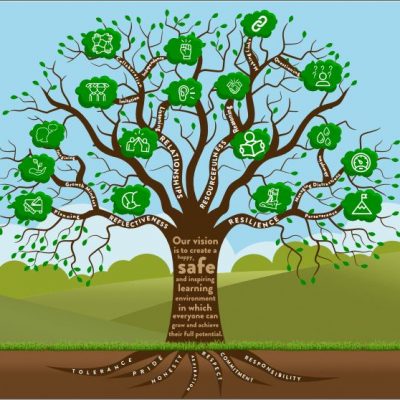
Learning Powers
At Carbeile Junior School we believe that we all need to learn HOW to learn so we have adopted our 4 Rs Learning Powers to help us to develop as learners. These apply to adults and children alike and they are referenced during lessons and in assemblies.
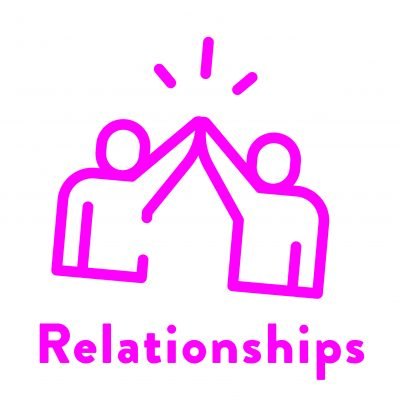
Relationships
Being able to think about when it's best to collaborate or to be more independent. To know when listening and imitation will contribute to our own performance and outcomes.
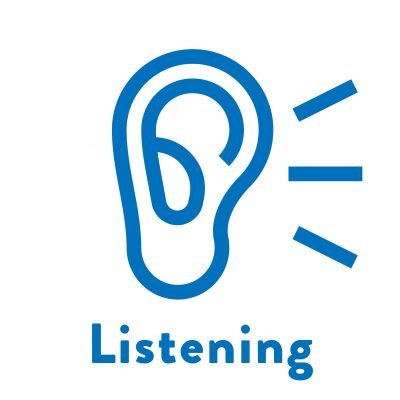
Listening
To be in the habit of listening to understand what is being said - not just hearing 'noise'.
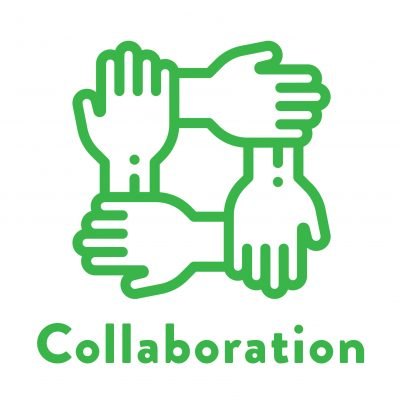
Collaboration
The skill of learning with others. Having interpersonal skills to manage yourself effectively in a collaborative environment.
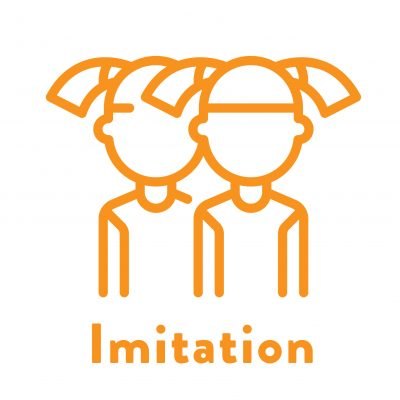
Imitation
Learning from others. Noticing the approach and detail of how they do things.
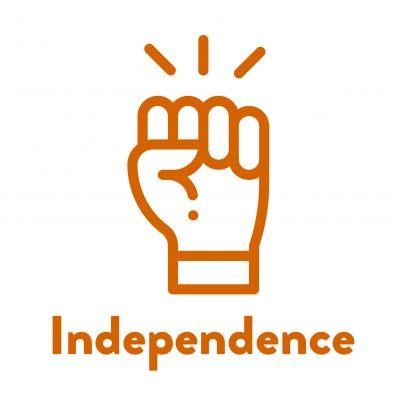
Independence
Knowing when to work alone to assist your learning. Being motivated to take responsibility for your own learning.
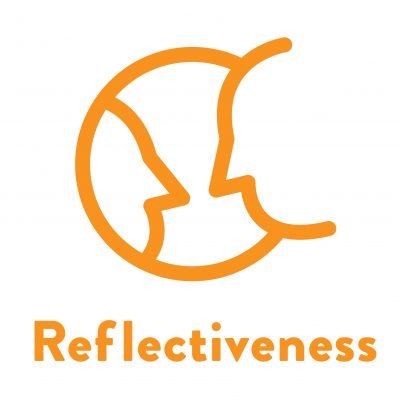
REFLECTIVENESS
Thinking of yourself as a learner - thinking honestly about what you have done and how to improve. Being ready, willing and able to learn.
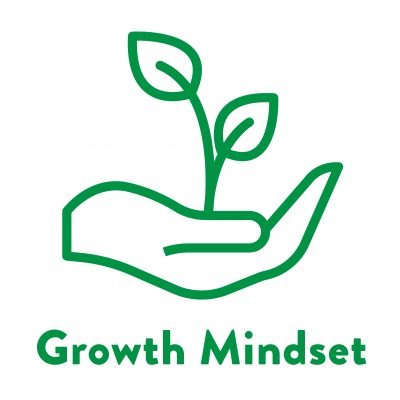
Growth Mindset
Having a can-do, effort-trumps-ability attitude. Not being afraid of failure and believing you can grow as a learner.
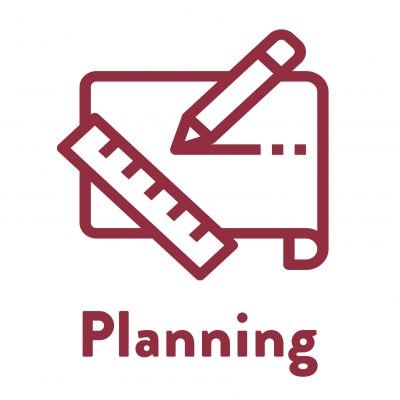
Planning
Working learning out in advance. Thinking about the steps you might take and access the resources you might need. Considering the obstacles you might face.
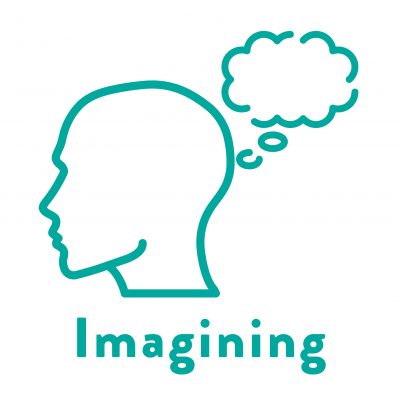
Imagining
Being able to imagine how something might look, sound, feel or be. Simulating and playing with something in your mind.
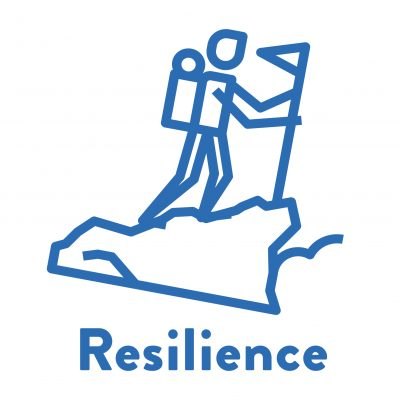
Resourcefulness
Being ready to lock into learning. Managing and adapting to sources of stress or adversity. Having the ability to bounce back after difficulty or disappointment.
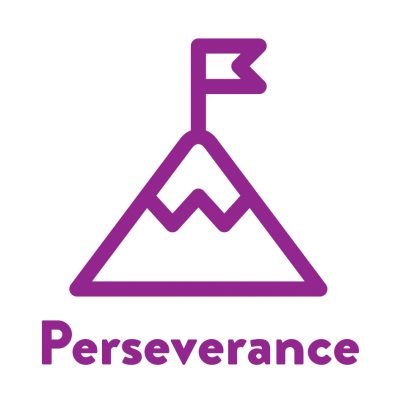
Perseverance
Knowing that real learning comes from making mistakes and overcoming being stuck. That being stuck is an interesting, not embarrassing place to be. Being committed to learning.
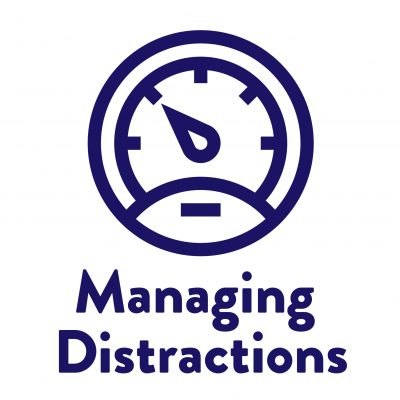
Managing Distractions
Knowing what distracts you and how to reduce the effect of that distraction. The skill of settling back to being focused once you have been distracted.
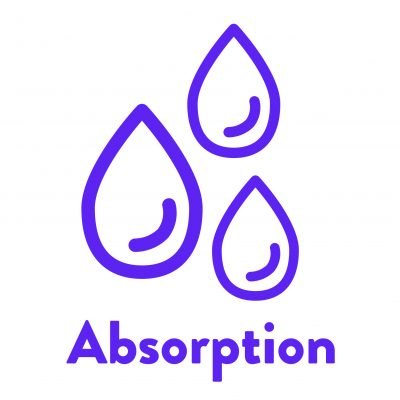
Absorption
Being able to 'lose yourself' in your learning. Developing a habit of concentration and an awareness of what it feels like.
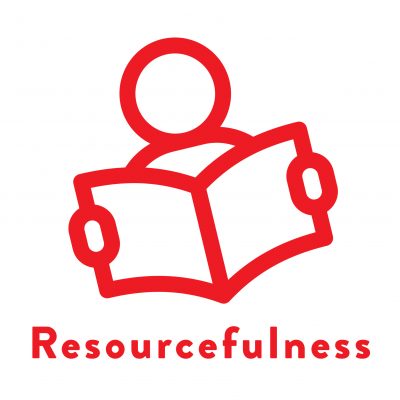
RESOURCEFULNESS
Using what you know or have to progress your learning.
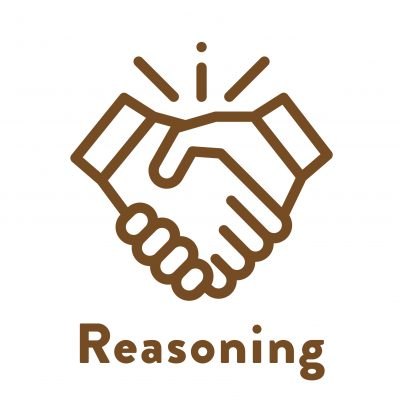
Reasoning
Thinking rigorously and methodically. Thinking about what might happen, looking for evidence, and creating logical arguments.
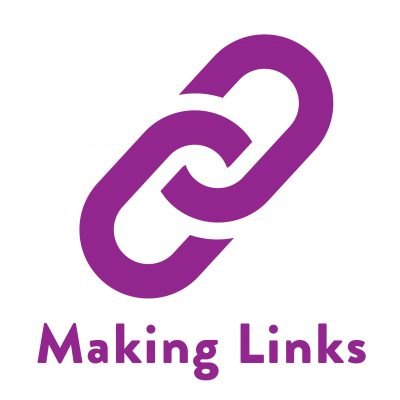
Making Links
Making sense of things by linking sets of ideas together. Relating something to what we know about and building strong chains of links in our brains.
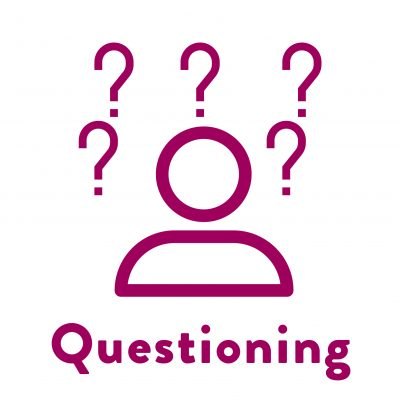
Questioning
Asking questions to help you learn more. Being curious about things and people and wondering 'Why?' Playing with ideas - asking 'How come?' or 'What if?'
